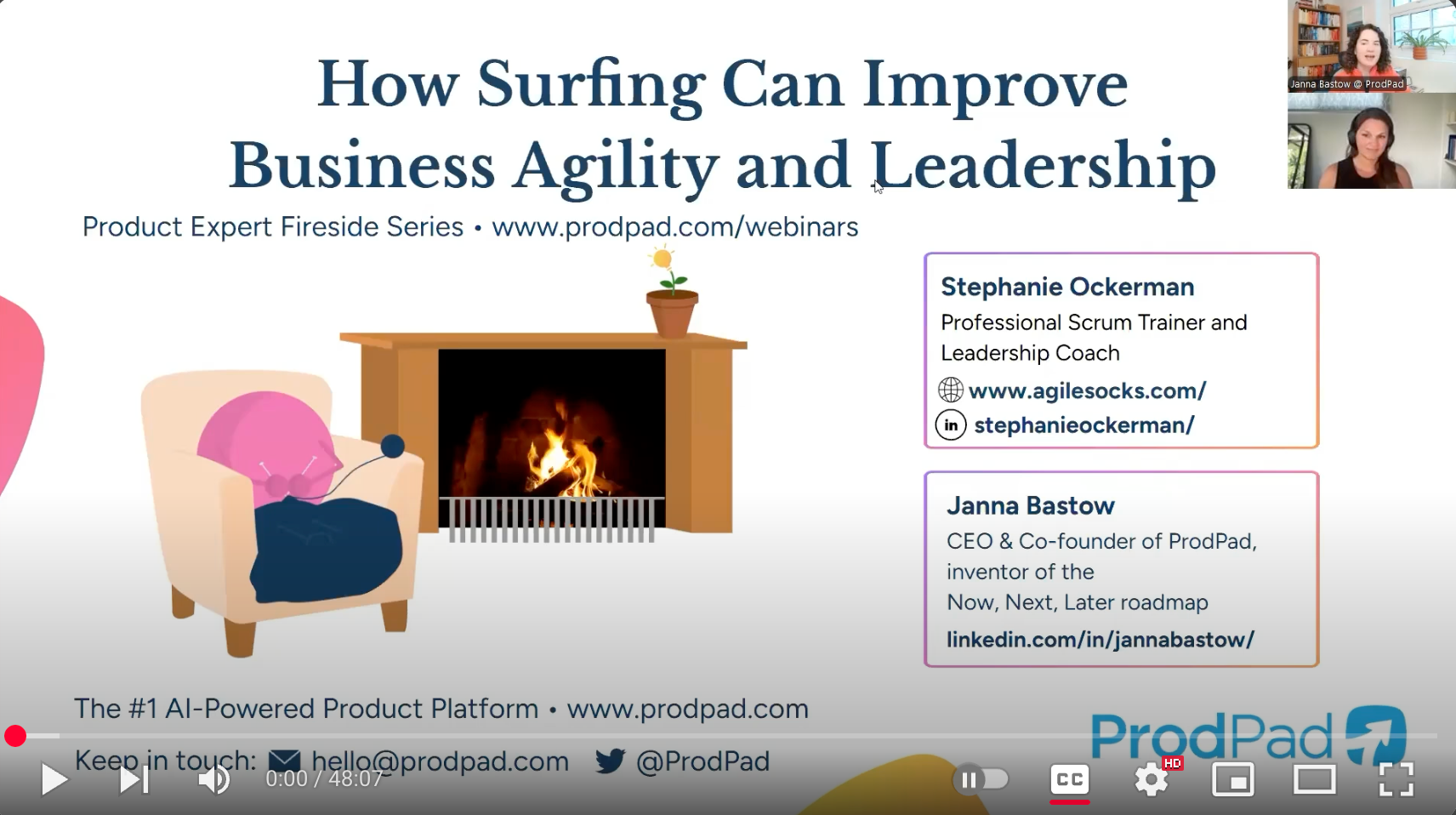
Scrum is a framework that thrives on self-managing teams. It gives you boundaries (e.g. timebox of a Sprint), clear accountabilities (e.g. Product Owner optimizes value), and goals (e.g. Done Increment). But it doesn’t tell you exactly how to do the work. Every Scrum Team needs to figure out the strategy and tactics that work for their context in this moment.
But the Scrum Guide does give us the secret to maximizing the benefits of Scrum — the Scrum values.
We can use the Scrum values as a compass.
The Scrum values help guide us in how we are working as a collaborative team and how we are enabling the benefits of empiricism.
Note: If you want to learn more about the Scrum values and read examples of how to use them in Scrum, check out these blog posts: Focus, Openness, Courage, Commitment, Respect.
As a Scrum Master, you demonstrate servant leadership by coaching with the Scrum values.

As human beings, we all have core values. Living our values help us feel in alignment and helps us show up as our most authentic selves. When we talk about teams having values, this doesn’t just magically happen. Teams need to form an identity in order to be effective. One piece of identity is understanding values.
Team members need to work through what their values actually mean to them because individuals each have different interpretations of values, and different teams will have different interpretations of values.
Here are a few questions to use with individuals or teams to coach with the Scrum values:
If we discover conflicts between individual values and the Scrum values, we need to explore that further. Negotiation may be necessary to enable teams to be effective and individuals to feel in alignment with what matters to them.
Once teams have established what the Scrum values mean to them, the values can be used as a tool to help guide decision-making. Scrum Masters can recognize when Scrum Teams or individual team members may feel stuck when facing a challenging decision. It could be about what to build, how to build something, processes, tools, relationships and interactions… anything.
Here are examples of questions to help you coach with the Scrum values:
The Scrum values discussion is not a one-time thing. We will continuously encounter new situations that require more discovery of how we interpret and use the Scrum values. We will also fail to honor our team commitments regarding the Scrum values because, you know, we are human. So we need to be inspecting and adapting on how we are living the Scrum values. Sprint Retrospectives are a great opportunity for this.
Here are some reflective questions to coach with the Scrum values:
A key part of coaching is moving to commitment and accountability. This is what helps individuals and teams grow – taking action after we have enough learning and discovery.
Here are examples of commitment-focused coaching questions to use when coaching individuals and teams:
Remember, the Scrum Master does not own all of the actions for improvement. The individuals and the team own their coaching commitments. (Read: Stop Being So Helpful)
Want more coaching tips? Check out 6 Coaching Tips for Scrum Masters.



AGILE SOCKS is a registered trademark of Agile Socks LLC. Other marks used herein are the property of their respective owners. For more information see Trademark Notice in Terms & Conditions.